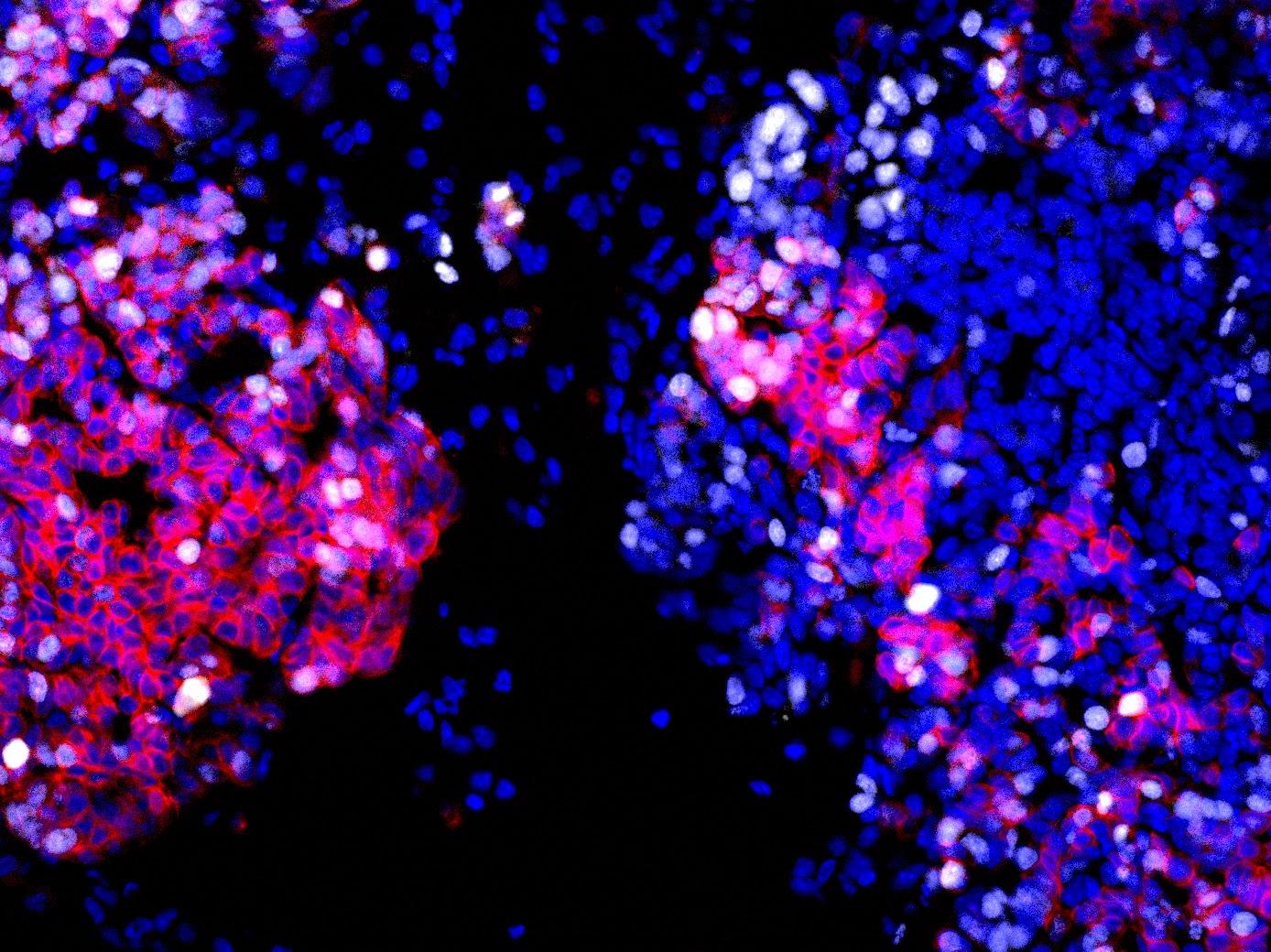
Establishing lineage tracing models to study the cellular plasticity of metastatic tumor cells
Epithelial to mesenchymal transition (EMT), a transdifferentiation program that was originally characterized in embryo development, is also hijacked by tumor cells. Through EMT, epithelial tumor cells lose their polarity and connection with neighboring cells, gain mobility and invasiveness, exhibit resistance to apoptosis, and retrieve stemness properties. These EMT-associated features could adequately meet the requirements for metastasis. EMT has thus been enthusiastically proposed as an essential mechanism for tumor metastasis. However, evidence remains inconclusive as metastases closely resemble the epithelial phenotype of primary tumors. This observation is tentatively explained by the dynamic nature of the EMT process. No sooner than the mesenchymal tumor cells seed at metastatic sites, they regain epithelial phenotypes by undergoing a reverse process of EMT, namely mesenchymal to epithelial transition (MET). Therefore, it would be EMT plasticity, the ability to change their phenotype, but not either epithelial or mesenchymal phenotype itself, that facilitates tumor cells to metastasize. Learn More
Targeting EMT plasticity to prevent metastasis and chemoresistance development
The development of metastasis and resistance to conventional chemotherapy remain unresolved problems in cancer treatment. It is not deniable that EMT is closely involved in these processes. However, targeting EMT program in tumor cells could be a dilemma:1) EMT promoting factors (TGFb, EGF, FGFs, WNTs, etc) are redundant, and targeting them may not efficiently block EMT program in tumor cells; 2) Both EMT and its reverse process MET promote metastasis formation, which makes it a paradox of inhibiting EMT program while promoting MET as the same time. Learn More
Tumor microenvironment and immune therapy of non-small cell lung cancer
The tumor-stroma crosstalk network especially the immune-related regulations in cancer development has also been a great interest for lab study. We have made efforts to systematically dissect the microenvironmental heterogeneity of lung adenocarcinomas, and provide cellular and molecular landscapes that contribute to carcinogenesis. Learn More

